|
The beginning of the academic year has been very busy for the SAPER team.
In September, Lorena Melgaço presented the preliminary analysis of SAPER fieldwork at the UK and Ireland Planning Research Conference in Sheffield. The paper was entitled “Responsibility and resistance: planning for (and with) entrenched inequality”, co-authored with Lauren Andres, Phil Jones, and Stuart Denoon Stevens; it grappled with the pervasive racialisation of the planning profession in South Africa. Drawing on de Certeau’s work on tactics and strategies, the paper highlighted the role of High Education, the maintenance of a business-as-usual approach to the field and the current political context as important obstacles for the transformation of the profession. The same month, Verna Nel, Rouvé Bingle and Mischka Jacobus were in Lisbon at the International Conference ‘Fifty years of local governance 1980 – 2030’, organised at the Institute of Geography and Spatial Planning. Co-authored with Ruth Massey and Stuart Denoon-Stevens, Verna presented a paper on “Planning practice at local government level in south africa: challenges, implications and new approaches”. Rouvé, Mischka and Verna also delivered another presentation on “Taking the moral high ground” – exploring the impact of local government on ethical planning practices. Part of the SAPER team attended the Planning Africa Conference, in October in Cape Town. In addition to the range of activities described in two separate posts, the three-days conference was a fantastic opportunity to connect with a range of planning practitioners from across the country and discuss the project with a range of key planning organisations, including SAPI and its (past) president Nthato Minyuku. Finally, Elsona Van Huyssteen attended the 5th iCities Innovative Planning Education and Research Forum (October 26-28) at the National Cheng Kung University, Tainan, Taiwan.
0 Comments
Lauren Andres and Stuart Denoon Stevens, were invited today to attend the Commonwealth Association of Planners business meeting, in Cape Town. This was an excellent opportunities to discuss core planning issues and challenges across the Commonwealth, the importance of the planning profession at a local, national and international level, specifically with regard to Sustainable Development Goals. A key point that was subsequently discussed is the need for capacity building, shared knowledge across the members and specifically towards countries with very limited planning capacity.
Lauren Andres presented at one of the plenary sessions of the 2018 Planning Africa Conference (15-17 October 2018) some results of SAPER and how they can inform the achievement of the New Urban Agenda (SDGs). The panel was comprised of Dy Currie, Peter Geraghty, Viral Desai and Kristin Agnello. Amongst the key areas Lauren Andres, Stuart Denoon Stevens and Martin Lewis wanted to highlight were first the challenges facing the implementation of SDGs in South Africa due to a) the complexity of policies (by different government departments and levels); b) the significant resource and personnel constraints, which are particularly acute in small to medium municipalities (esp. rural) and c) the fact that SDGs still appear as secondary challenges in contrast to other ‘perceived’ priorities (for example housing and poverty alienation). As to move forward we suggested looking at a more holistic approach to urban planning and development breaking a too siloed approach still in place and also fostering planners’ capacity building (targeting skills needed once in practice and training after graduation).
|
AuthorThe SAPER blog is written by different members of the SAPER project team. Archives
March 2020
Categories |
Proudly powered by Weebly
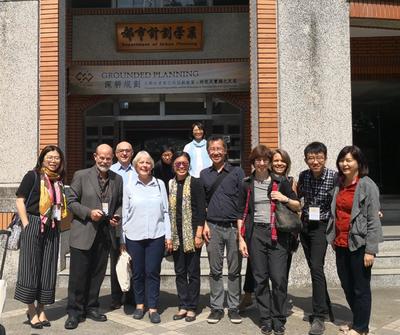
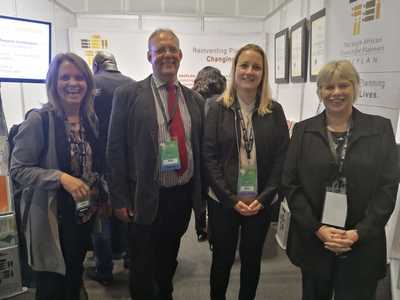
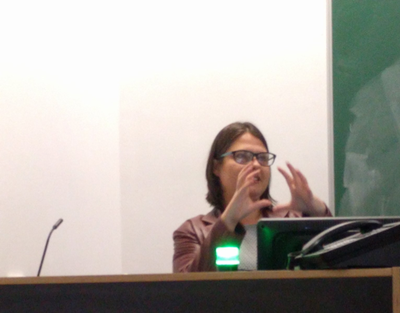
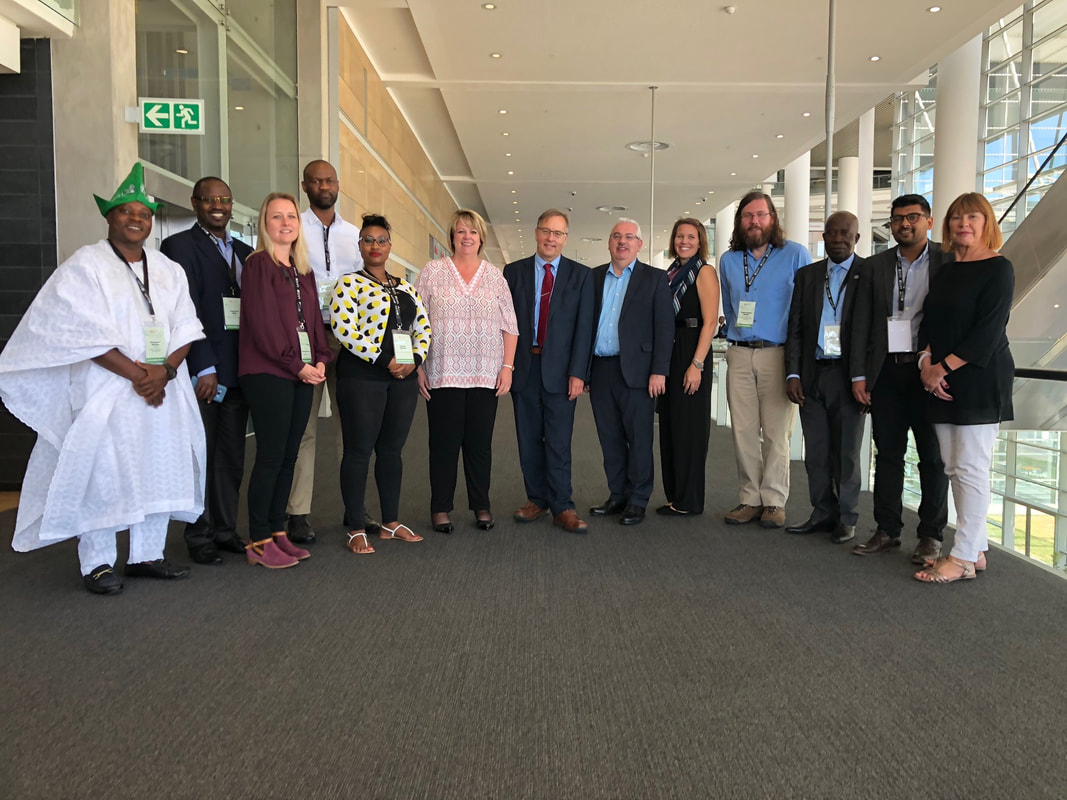
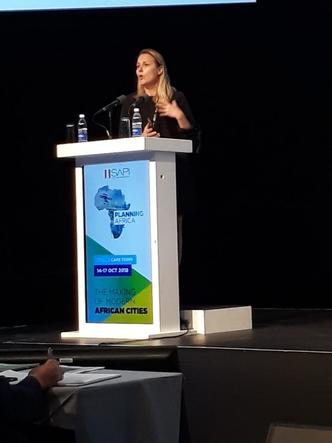
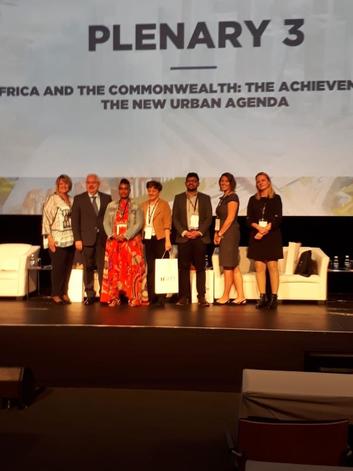
 RSS Feed
RSS Feed